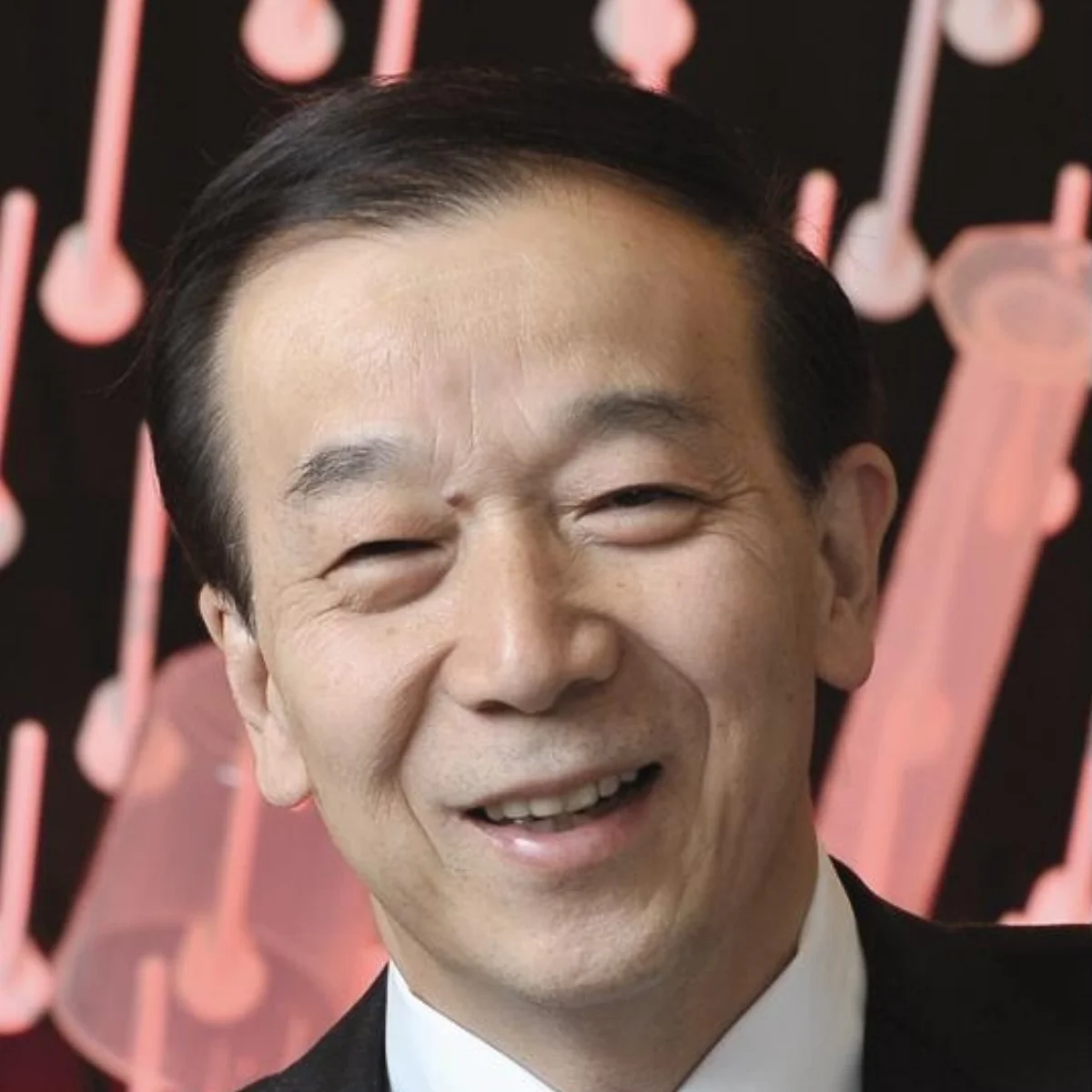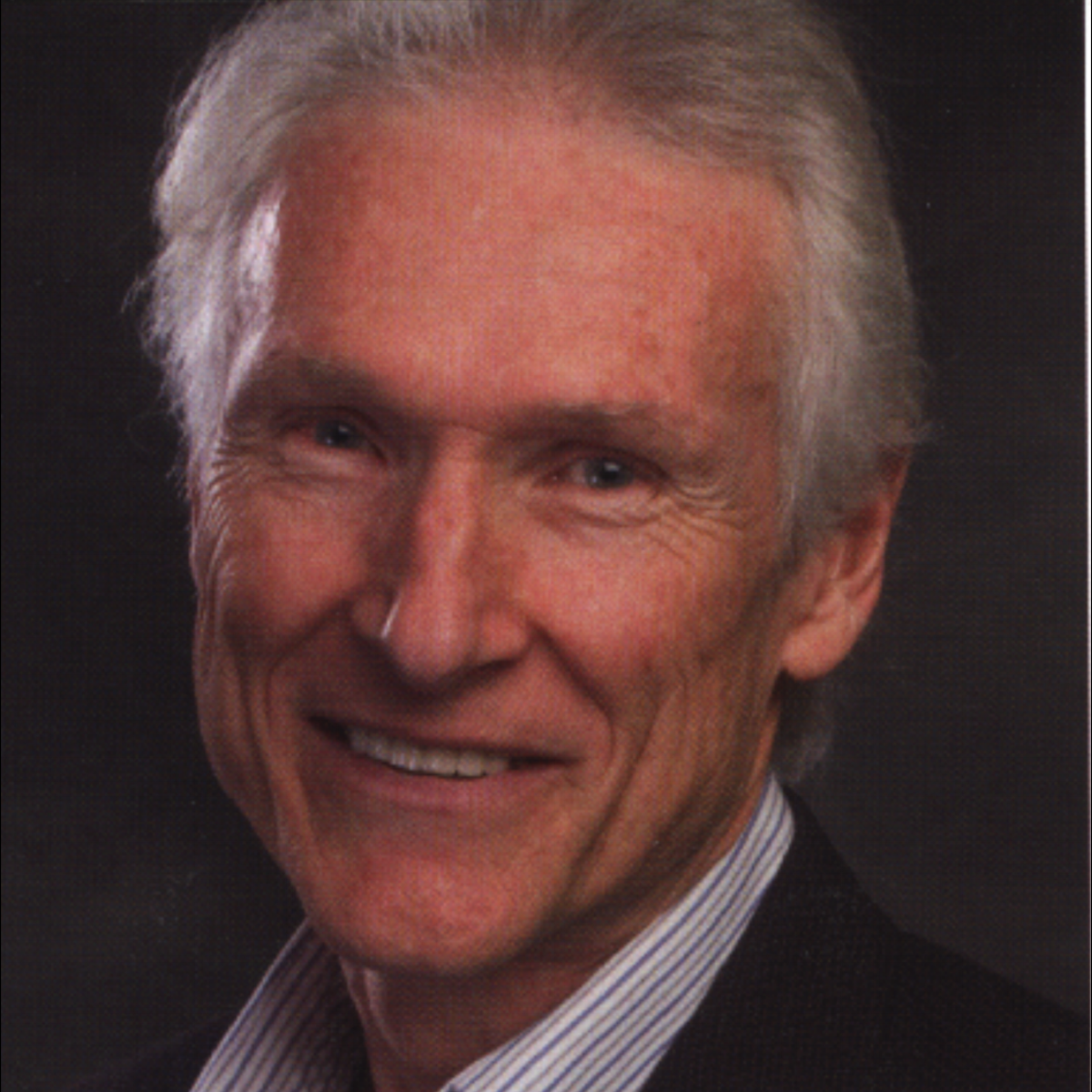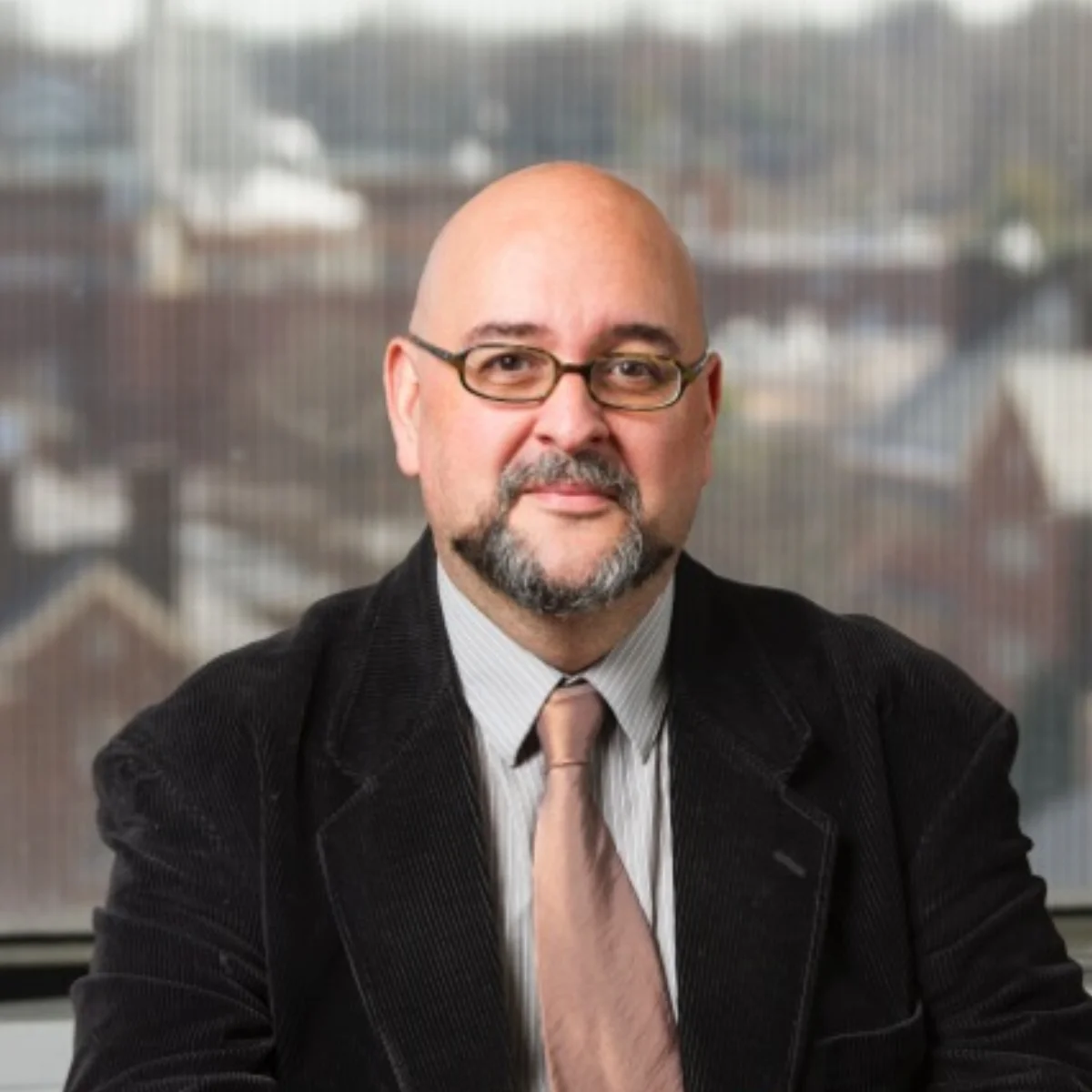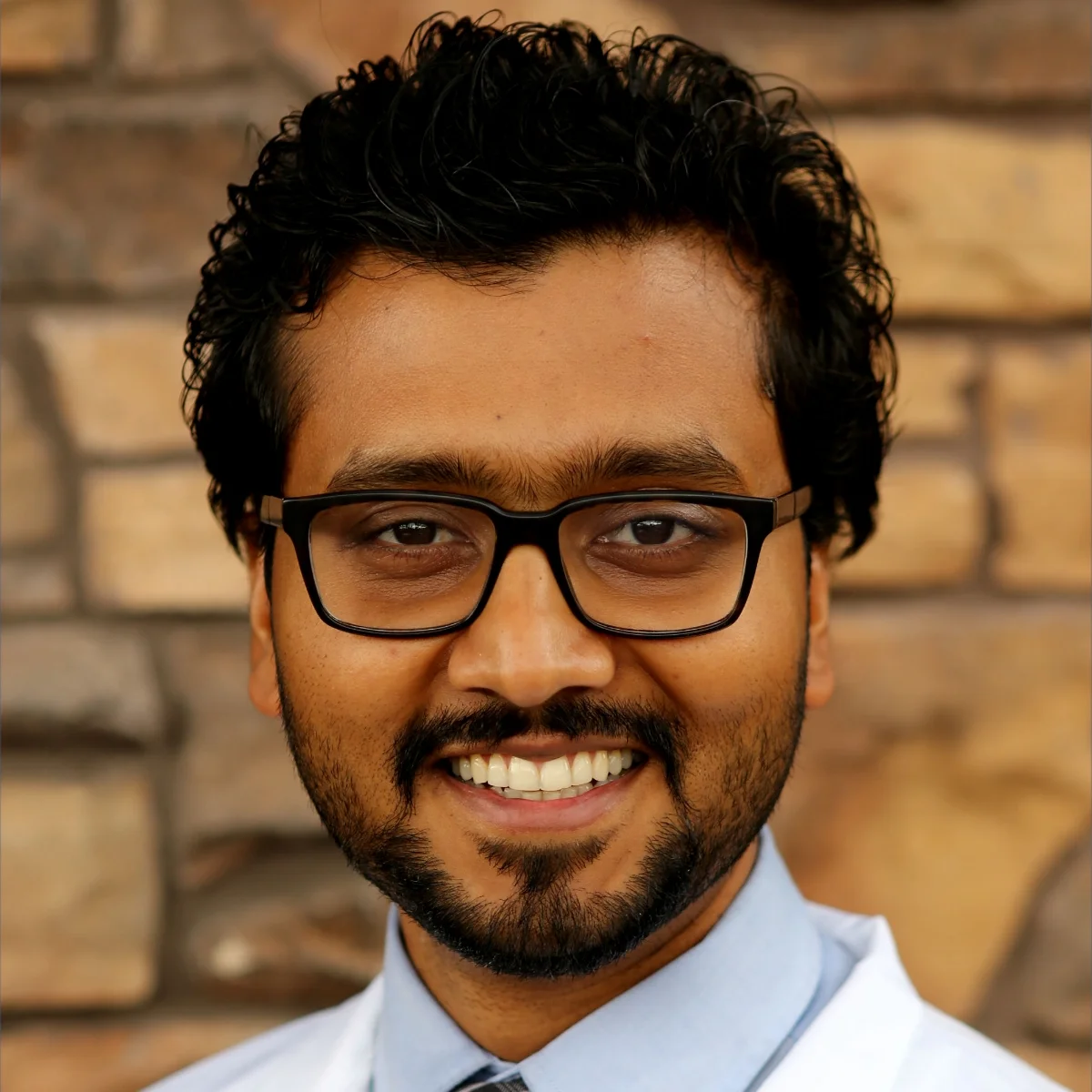Dr. Yusuke Nakamura
For nearly three decades, Yusuke Nakamura has made important contributions to genomic medicine and cancer research. His work has had a significant impact on the progress of genomic medicine worldwide. He is one of the pioneers in variable number tandem repeat (VNTR) and single nucleotide polymorphism (SNP) marker research, and in using genomics research findings to develop clinical interventions. These DNA polymorphic markers have made it possible to map and clone genes responsible for hereditary diseases and various cancers, and to identify those susceptible to common diseases and those related to variable drug response. In recent years, he has been developing anticancer drugs, including antibodies and peptide vaccines, and molecular-targeting small molecular compounds through the discovery of important genes in development and progression of cancers by the genome-wide approach. His recent work in immunopharmacogenomics has established the new study area in which the analysis of immune response, pharmacological response, and germline/somatic variants are integrated. He is a pioneer of T cell receptor and B cell receptor analysis, and has reported the number of interesting papers in T cell/B cell repertoire analysis in many disease conditions. He has published more than 1,450 articles including 34 articles in American Journal of Human Genetics, 115 articles of Cancer Research, 6 articles in Lancet, 17 articles in Nature, 2 articles in Nature Cell Biology, 70 articles in Nature Genetics, 7 articles in The New England Journal of Medicine, 11 articles in Science and 1 article in Science Translational Medicine. These papers have been cited over 146,000 times in the scientific literature.
Dr. Wolfgang Sadee
Dr. Wolfgang Sadee is Felts Mercer Professor of Medicine and Pharmacology, in the Department of Cancer Biology and Genetics, College of Medicine, the Ohio State University, Columbus OH, and Director, Center for Pharmacogenomics, with adjunct appointments in Psychiatry, Pharmacy, and Public Health, and member of the Davis Heart & Lung Research Institute, and OSU Comprehensive Cancer Center. With a doctorate degree in Pharmaceutical Chemistry, FU Berlin, he served on the faculty of USC and UCSF until 2002. Dr. Sadee’s research focuses on discovery of genetic variants affecting disease risk and drug response, as biomarkers for individualized therapy. He also has developed candidate drugs for treatment of opioid adverse effects and addiction, and neonatal abstinence syndrome. Dr. Sadee has ~400 publications and several patents. He is founding editor of Pharmaceutical Research and The AAPS Journal, and has received several awards, e.g., Distinguished Scientist Award from the AAPS.
Dr. Hani El Shawa
Hani El Shawa, MS, Ph.D is the Chief Executive Officer for Alpha Genomix Laboratories, a state-of-the-art molecular diagnostics laboratory dedicated to providing personalized medicine and patient care. Since its inception in 2013, Alpha Genomix has quickly become a nation leader in pharmacogenetics. Dr. El Shawa graduated from San Francisco State University with his B.S. in Biology and M.S. in Physiology and Behavioral Biology with honors. He received his Ph.D. from the University of California, Riverside in Neuroscience where he received several grants and awards to research the effects of prenatal ethanol exposure on intraneocortical circuitry, cortical gene expression, and behavior. Prior to joining Alpha Genomix Laboratories, Dr. El Shawa was an Assistant Professor at the American University of the Middle East as well as Adjunct Faculty for the University of California, Riverside and California State University, Dominquez Hills. He is the co-first author on various high impact peer-reviewed publications. Dr. El Shawa is an Affiliate Science member of the American College of Medical Genetics and Genomics as well as a member of the Clinical Pharmacogenomics Implementation Consortium , the Society of Neuroscience and the Society of Integrative and Comparative Biology.
Dr. Jean Claude Zenklusen
Jean Claude Zenklusen was born 1964 in Visp, Switzerland. He earned a Master in Sciences (Biochemistry) from the University of Buenos Aires in 1990. He received his PhD in Cancer Biology & Genetics from The University of Texas, Graduate School of Biomedical Sciences, in 1995. In 1996, he took a post-doctoral position at the National Genome Research Institute where, while participating in the Human Genome Project, he cloned two novel Tumor Suppressor Genes. From 2003 until 2009, he was the Senior Staff Scientist at the Neuro-Oncology Branch of the National Cancer Institute directing the Glioma Molecular Diagnostic Initiative and its companion data portal, Rembrandt. From 2009 until 2013, he served as the Scientific Program Director of the Office of cancer Genomics, where he oversaw a variety of large-scale projects. In August 2013 he was named as Director of The Cancer Genome Atlas, the largest-scale cancer genomics project to date.
Dr. Houda Alachkar
Houda Alachkar received her Ph.D. in Biomedical Sciences from the Ohio State University in 2012 and received a PharmD degree from Ohio Northern University. She completed a fellowship in Clinical Pharmacology and Pharmacogenomics at the University of Chicago before she joined the University of Southern California (USC) School of Pharmacy as an Assistant Professor in 2015. Dr. Alachkar's translational research focuses on experimental therapeutics and pharmacogenomics, particularly in acute leukemia.
Dr. Pravin Mishra
Pravin J. Mishra, MS, Ph.D. is the Director of Research and Development Center at Intermountain precision genomics, Intermountain Healthcare, a leading precision medicine organization in the nation. At Intermountain precision genomics, he oversees laboratory operations and is leading the cutting edge discovery and innovation efforts in precision medicine and oncology. He earned his Ph.D. in Molecular Medicine and Oncology from The George Washington University, Washington, DC. Dr. Mishra has developed subject expertise in oncology, stem cells, cancer genomics, drug discovery, and developmental therapeutics. Dr. Mishra has Coordinated to establish CAP and CLIA accredited clinical genomics facility and R&D laboratories, led bioinformatics and data management team to develop new informatics pipeline to handle big data and clinically relevant datasets. His research efforts at NIH led to the discovery of signature biomarkers that can predict late stage melanoma patient survival, and save multiple lives. Dr. Mishra is involved in developing new technologies to detect, monitor and treat cancer earlier, and his philanthropic efforts have saved many lives from cancer. Dr. Mishra has published several key findings in cancer, genomics and wound healing arena, including a highly cited study of mesenchymal stem cell’s role in tumor growth. Dr. Mishra received numerous accolades, including prestigious National Cancer Institute-Directors Award, awarded by Nobel laureate Dr. Harold Varmus, research excellence award by NIH, technology transfer award by NIH and honored by several other esteemed organizations.
Dr. Marina Sirota
Marina is currently an Assistant Professor at the Institute for Computational Health Sciences at UCSF. Prior to that she was the Lead Research Scientist in the Division of Systems Medicine at Stanford University and has worked as a Senior Research Scientist at Pfizer where she focused on developing Precision Medicine strategies in drug discovery. She completed her PhD in Biomedical Informatics in 2010 at Stanford University. Her graduate work focused on predicting drug-disease relationships based on gene expression to identify novel therapeutic indications for known drugs. Her current research interests lie in developing computational methods in integrative biology and applying them to discover novel diagnostic and therapeutic strategies. Marina has authored a book on Bioinformatics, over 30 scientific papers and several patents.
Dr. Hesham Abdullah
Hesham A. Abdullah is Vice President, Global Regulatory Affairs, Oncology & Immuno-Oncology at AstraZeneca Pharmaceuticals. Dr. Abdullah is a seasoned clinician and regulatory professional with more than 15 years of clinical, drug development and global regulatory sciences oncology experience. He has an established track record of leading programs and portfolios, from a strategic regulatory perspective, from early to late stages of development and registration. Dr. Abdullah possesses both small and large molecule Oncology and Immuno-Oncology expertise. He has overseen the global registration of multiple targeted therapeutics, across various solid tumors, including Imfinzi™, Tagrisso®, Lynparza™ and Iressa®. He has established science based and collaborative relationships with global health authorities and is recognized as an influential figure with key stakeholders. His ability to integrate precision medicine and regulatory science is a unique capability that has contributed to his leadership in developing novel and innovative regulatory strategies for oncology therapeutics. Dr. Abdullah holds a Doctorate of Medicine (MD) and Master’s of Regulatory Sciences (MSc) degree. Additionally, he is currently a candidate for a Doctorate degree in Regulatory Sciences (DRSc) at the University of Southern California (USC).








